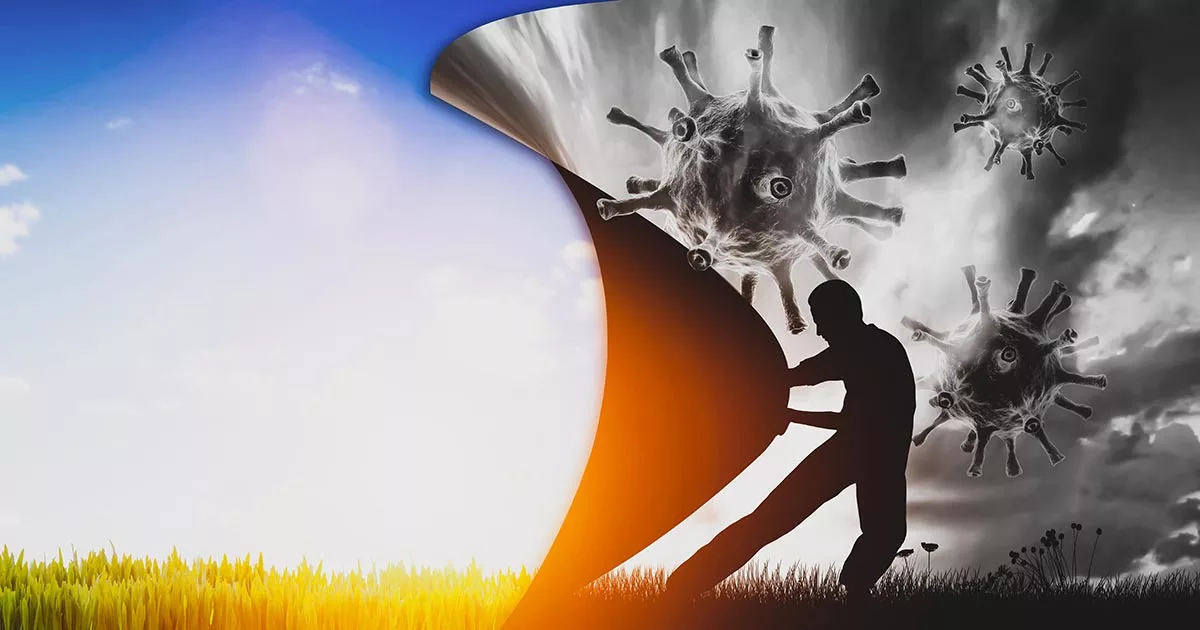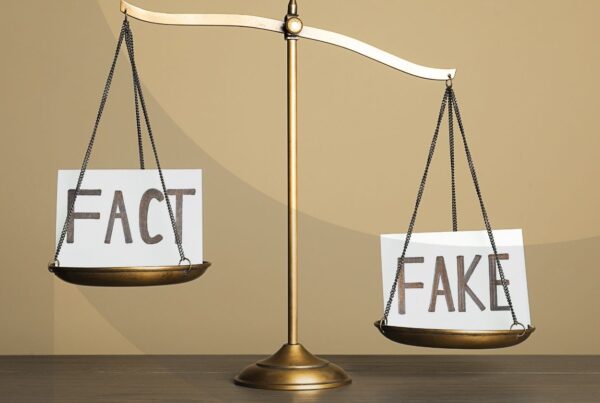By Stephanie Kirschner
COVID-19 is all over the news cycle, with the virus being named in almost every story. In sharp contrast, many brands are taking a ‘Harry Potter-esque’ approach, as in “a virus-that-may-not-be-named” to their advertisements, with the use of euphemisms that are now ubiquitous.
J.P. Morgan states: “In these uncertain times, look after yourself, your family, your friends. But know when it comes to your finances, we are here for you.”
AT&T promises: “These days, it’s anything but business as usual. That’s why working together is more important than ever. AT&T is committed to keeping you connected.”
Sprint states: “At Sprint, our priority is keeping our customers, employees, and communities safe. During these uncertain times, get the great service you expect without leaving the safety of your home.”
Quilted Northern: “We’ve been making toilet paper since 1901. And we won’t stop now. We’re working harder, faster, together to get the shelves stocked. And provide comfort when you need it most.”
This begs the question: Is it worth it to switch gears and pull normal ads? Yes, resoundingly so, according to a recent survey by Adtaxi that found that 68% of people find it helpful when ads show regard of the current scenario and 62% know that brands mean well.
But why are some brands avoiding explicitly saying, “COVID-19” – and is there a benefit in doing so?
With death tolls climbing, and with the emotional and mental toll of the pandemic well-documented on social channels and news media, euphemisms soften the blow of foreboding impending deaths and hopelessness. But overuse of them can also be just as bad for brands.
Is there a danger of euphemism fatigue? Perhaps – and we may already be there. An Ace Metrix report found that the phrases “uncertain times” and “challenging times” are meeting with consumer fatigue. Ads that have used them are underperforming, when compared to competing spots that haven’t been quite as vague.
At the end of the day, companies that show empathy and contribute to the solution will be remembered, as now is the time to stress-test their value set. Euphemisms may be more palatable given our new harsh reality, but the real value lies in devoting a brand’s advertising budget to helping the public or showing support for people on the front line – including celebrating their own employees’ efforts to continue to serve the public.
And as COVID-19 wears on, perhaps brands should take another lesson from Harry: if you’re going to deal with Voldemort, don’t be afraid to say his name.






